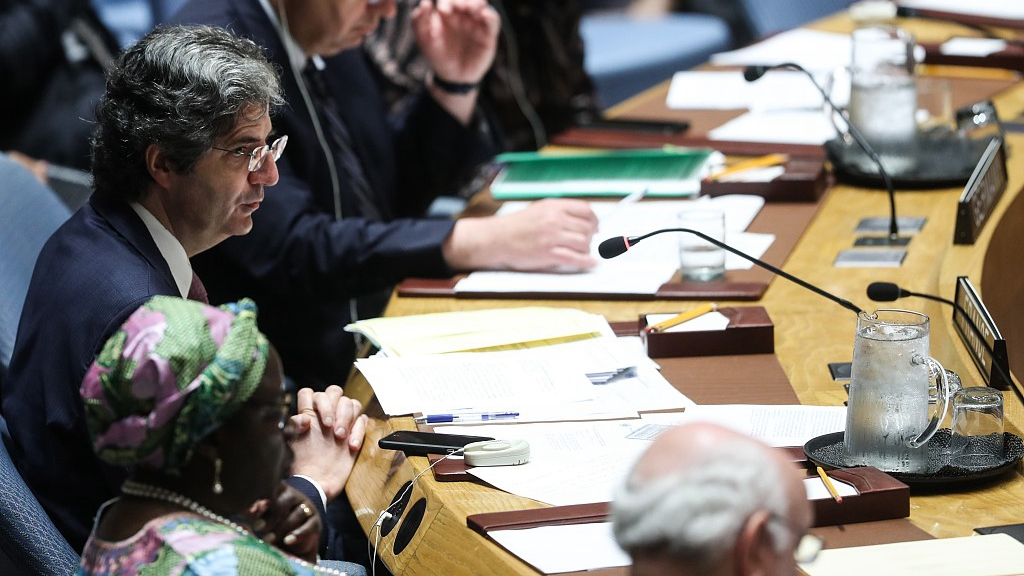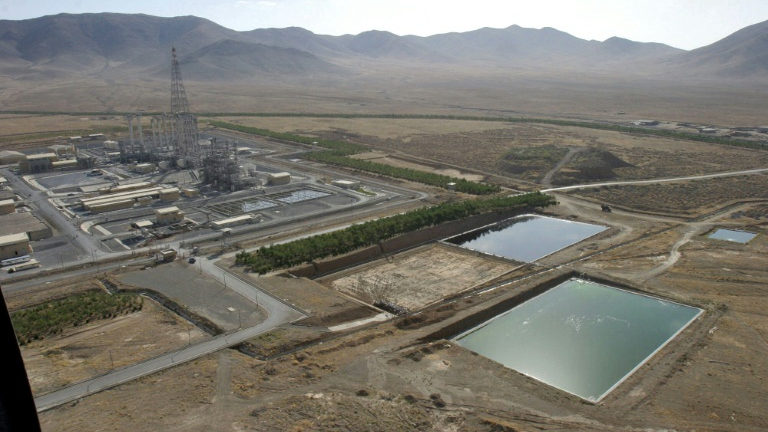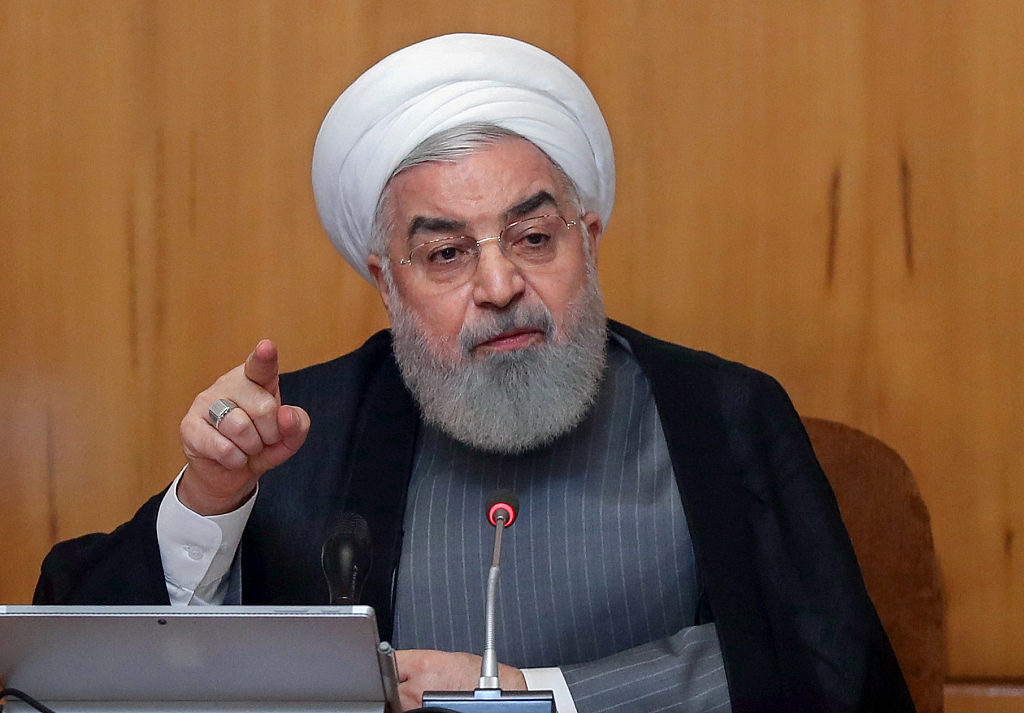

UN Security Council holds a meeting to hear a report on the Iranian nuclear issue in New York, June 26, 2019. /VCG Photo
The UN's nuclear watchdog said Friday it will hold a special meeting on Iran's nuclear program next week, days after Tehran breached one of the limits set in a 2015 deal with world powers.
The meeting of the International Atomic Energy Agency (IAEA)'s board of governors would be held "on 10 July at 14:30," an IAEA spokesperson said.
Earlier, the United States had called an emergency meeting of the UN atomic watchdog to discuss Iran in Vienna. Under the rule of IAEA, any country on the board can call a meeting, and the board confirmed in a note to member states that Iran had exceeded the maximum stock of enriched uranium allowed under the deal and a special meeting would be held next Wednesday.

A heavy water plant in Arak, 320 kilometers southwest of the Iranian capital Tehran, August 26, 2006. /AFP Photo
Parties to the deal have a separate forum they meet in called the Joint Comprehensive Plan of Action (JCPOA), and the deal lays out possible action that can be taken there. The U.S. was originally a party to the JCPOA, but in May 2018 U.S. President Donald Trump dramatically withdrew fromthe accord.
The IAEA is in charge of verifying the restrictions on Iran's nuclear activities imposed by the deal, which also lifted international sanctions against Tehran. The IAEA has repeatedly said it is up to the parties to the deal to decide whether there has been a breach of its terms.
Iran has said it will go over the deal's nuclear restrictions one by one in retaliation against crippling economic sanctions that Washington has imposed on it since the U.S. withdrawal. It has said that as of July 7 it will enrich uranium beyond the 3.67 percent purity cap imposed by the deal and said the breaches announced so far would be reversible "within hours" if progress is made in providing Iran with relief from U.S. sanctions.

Iranian President Hassan Rouhani said Iran would exceed the uranium enrichment limit on July 7 in a cabinet meeting, Tehran, July 3, 2019. /VCG Photo
Analysts say that the breaches announced by Iran so far mean very little in terms of any possible attempt by Tehran to develop a nuclear weapon, but are rather designed to pressure the remaining parties to the JCPOA.
Russia is also a party to the JCPOA and its ambassador to international organizations in Vienna, Mikhail Ulyanov, said in a tweet on Friday that an IAEA board of governors' meeting was "not a proper place to consider" what he called "Iranian deviations from (the) JCPOA."
"From the viewpoint of IAEA mandate they don't constitute violation or concern," Ulyanov said.
Other signatories to the 2015 deal, apart from Iran, the U.S. and Russia, are China, France, Britain and Germany who all try to keep the deal alive.
(With input from Reuters and AFP)

Copyright © 2018 CGTN. Beijing ICP prepared NO.16065310-3
Copyright © 2018 CGTN. Beijing ICP prepared NO.16065310-3